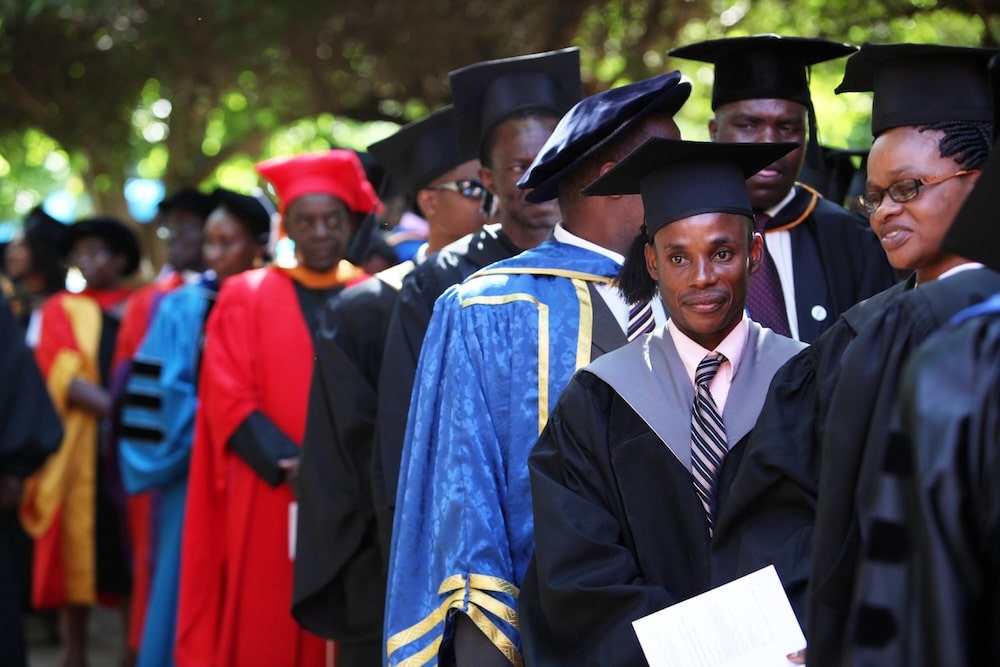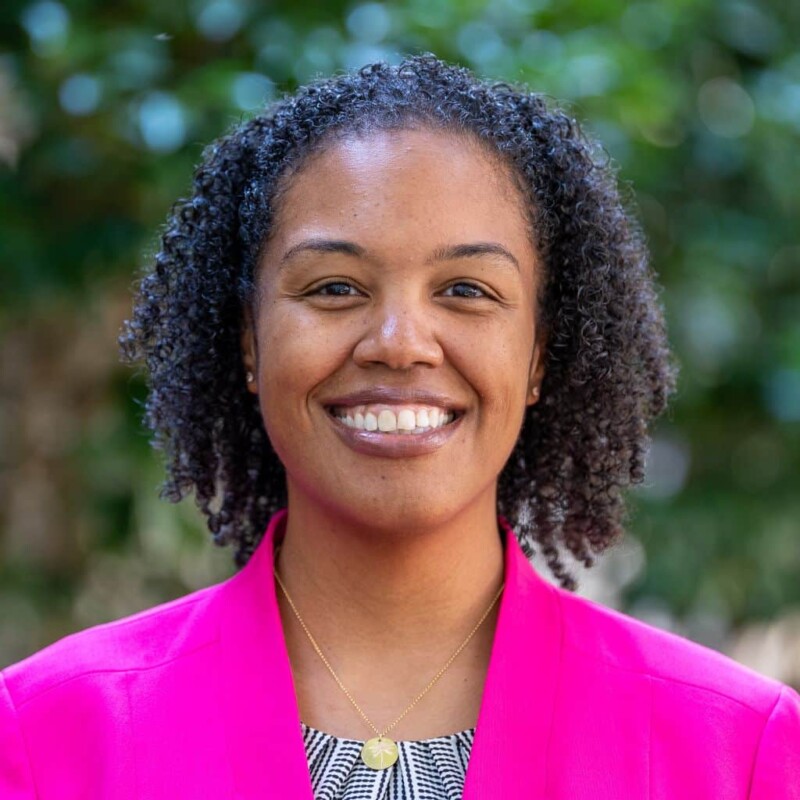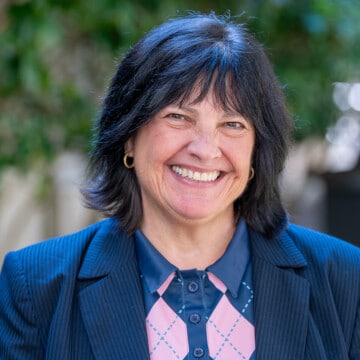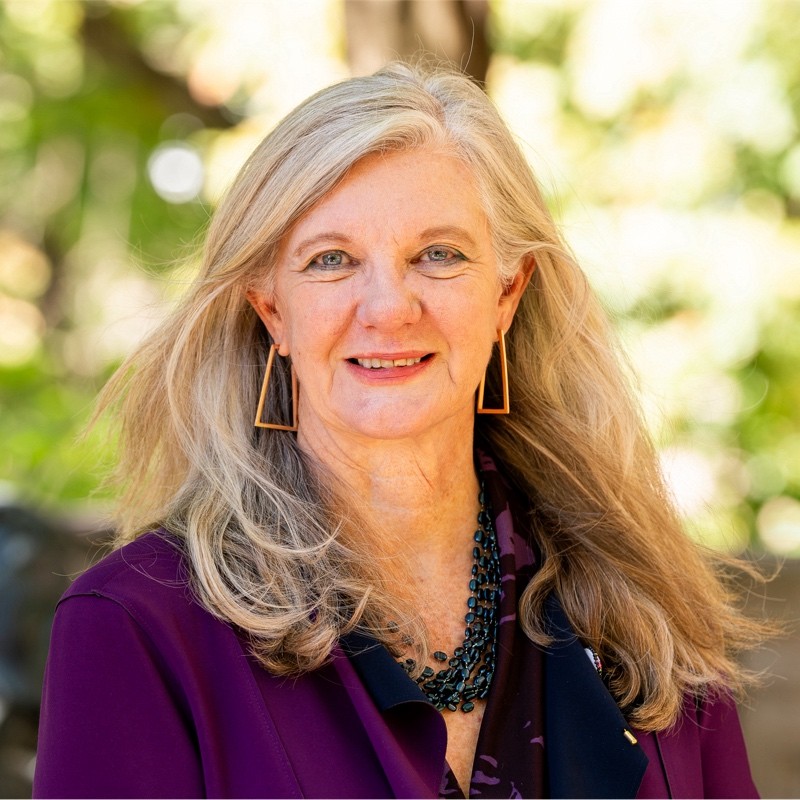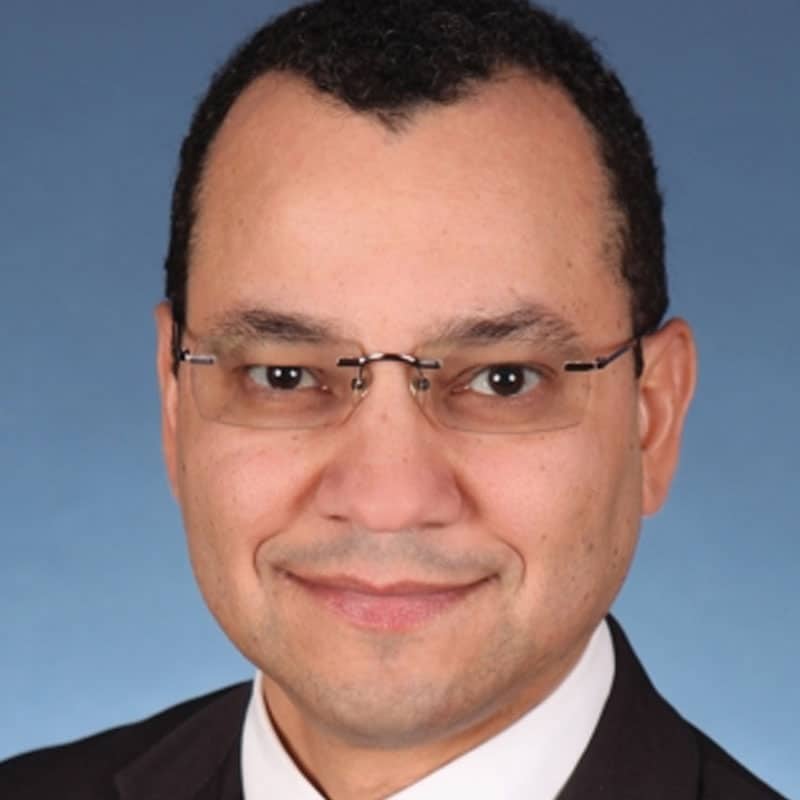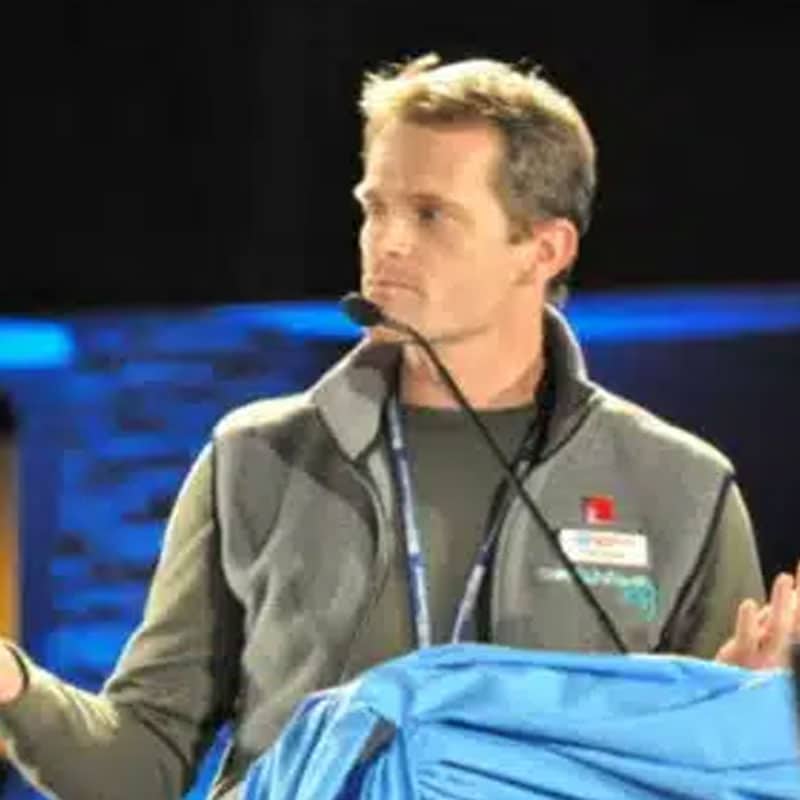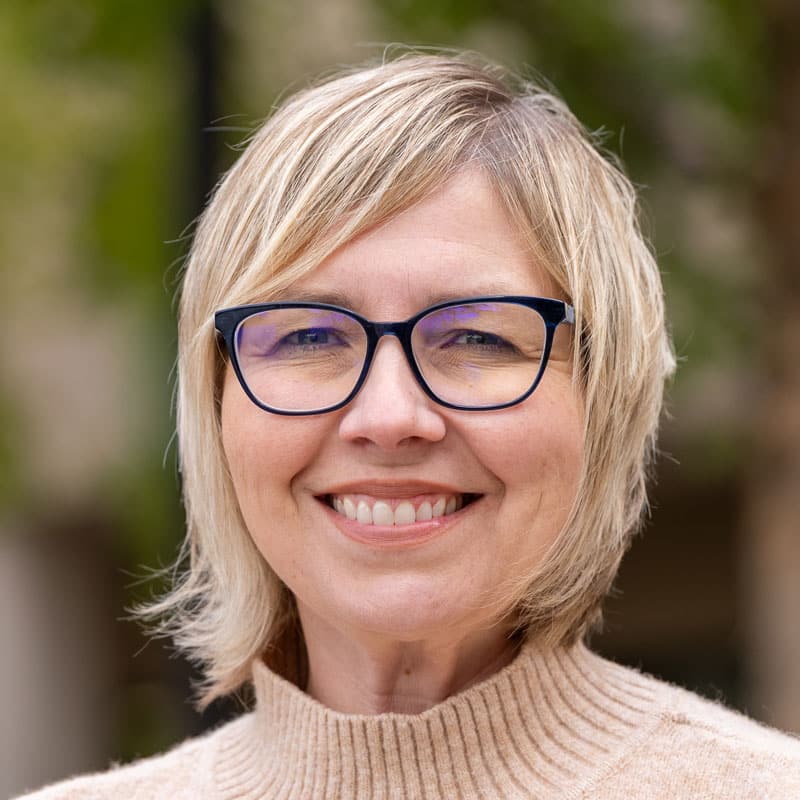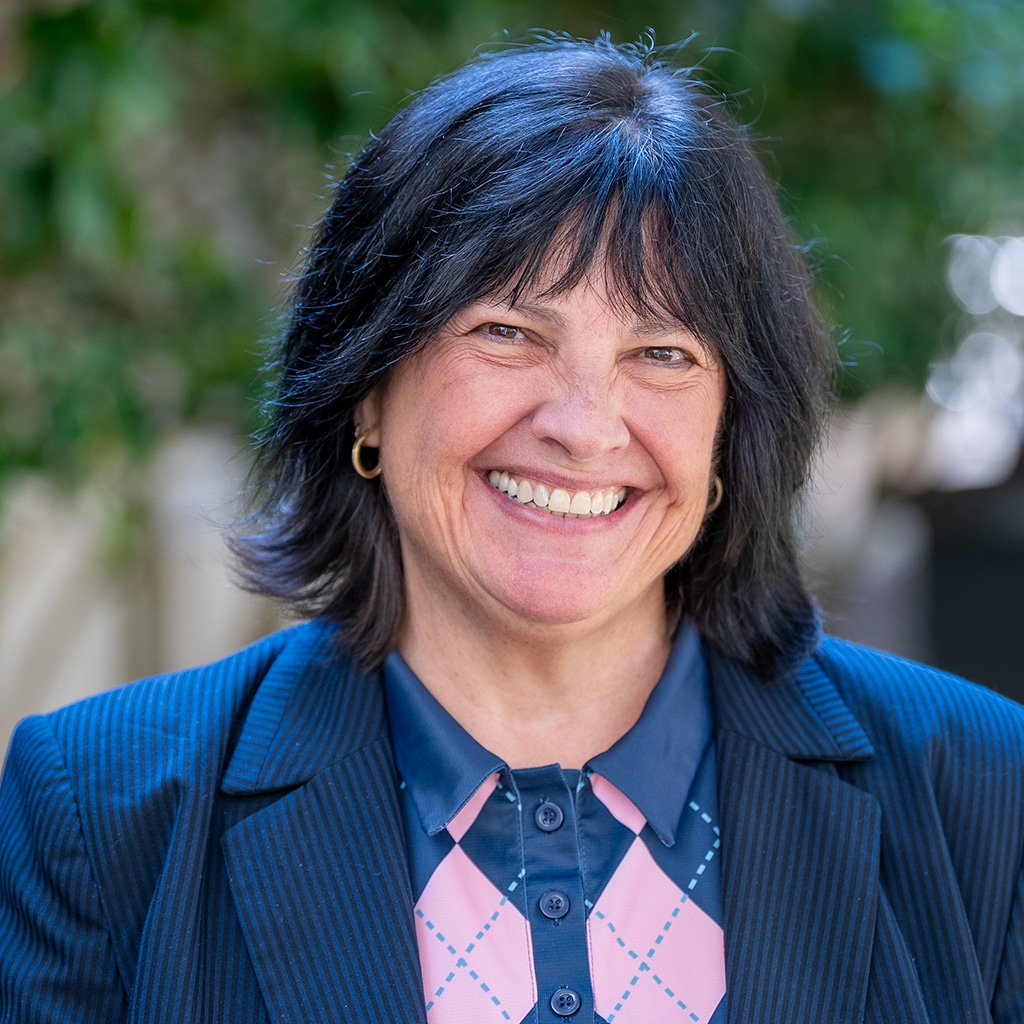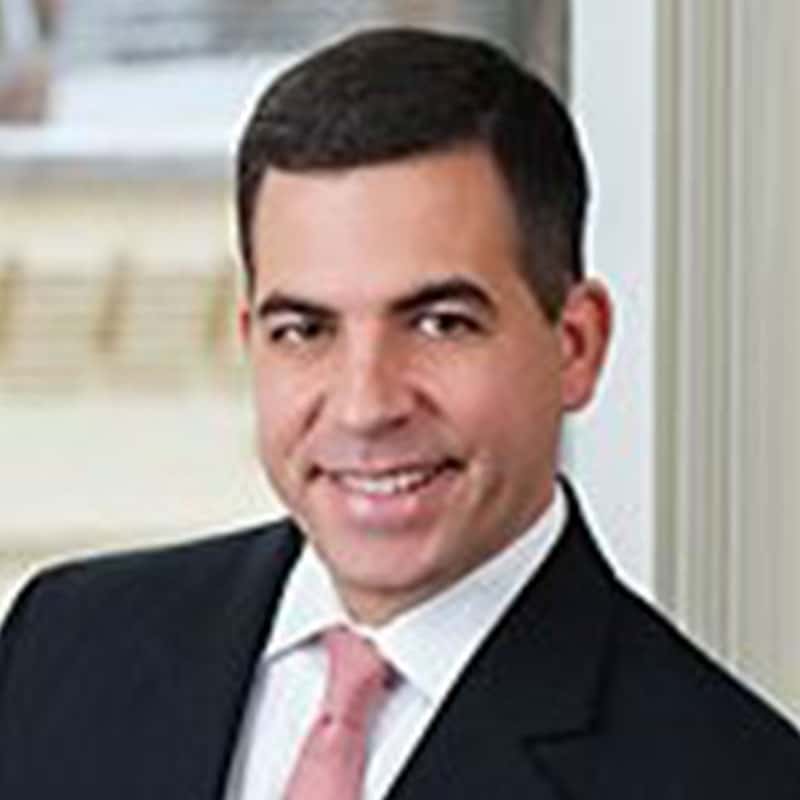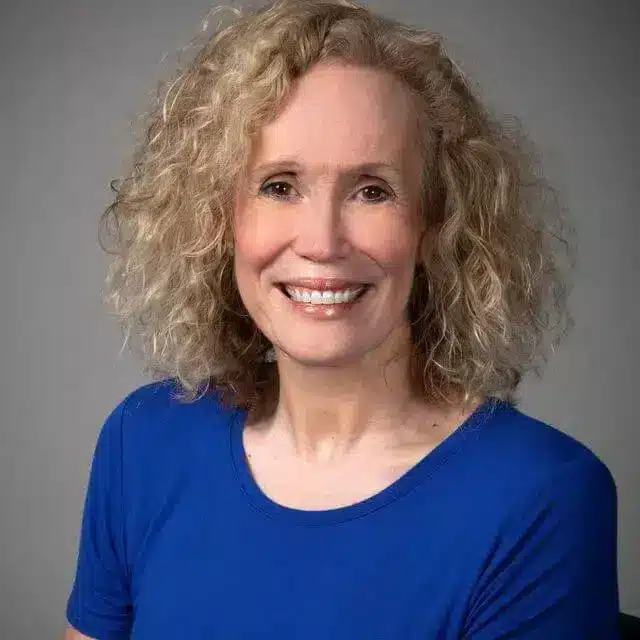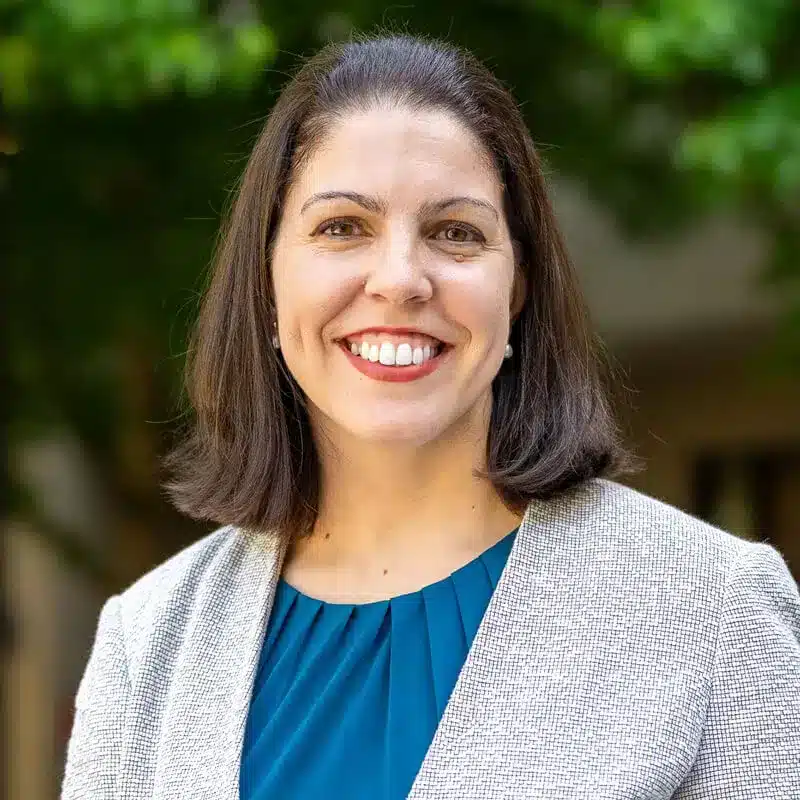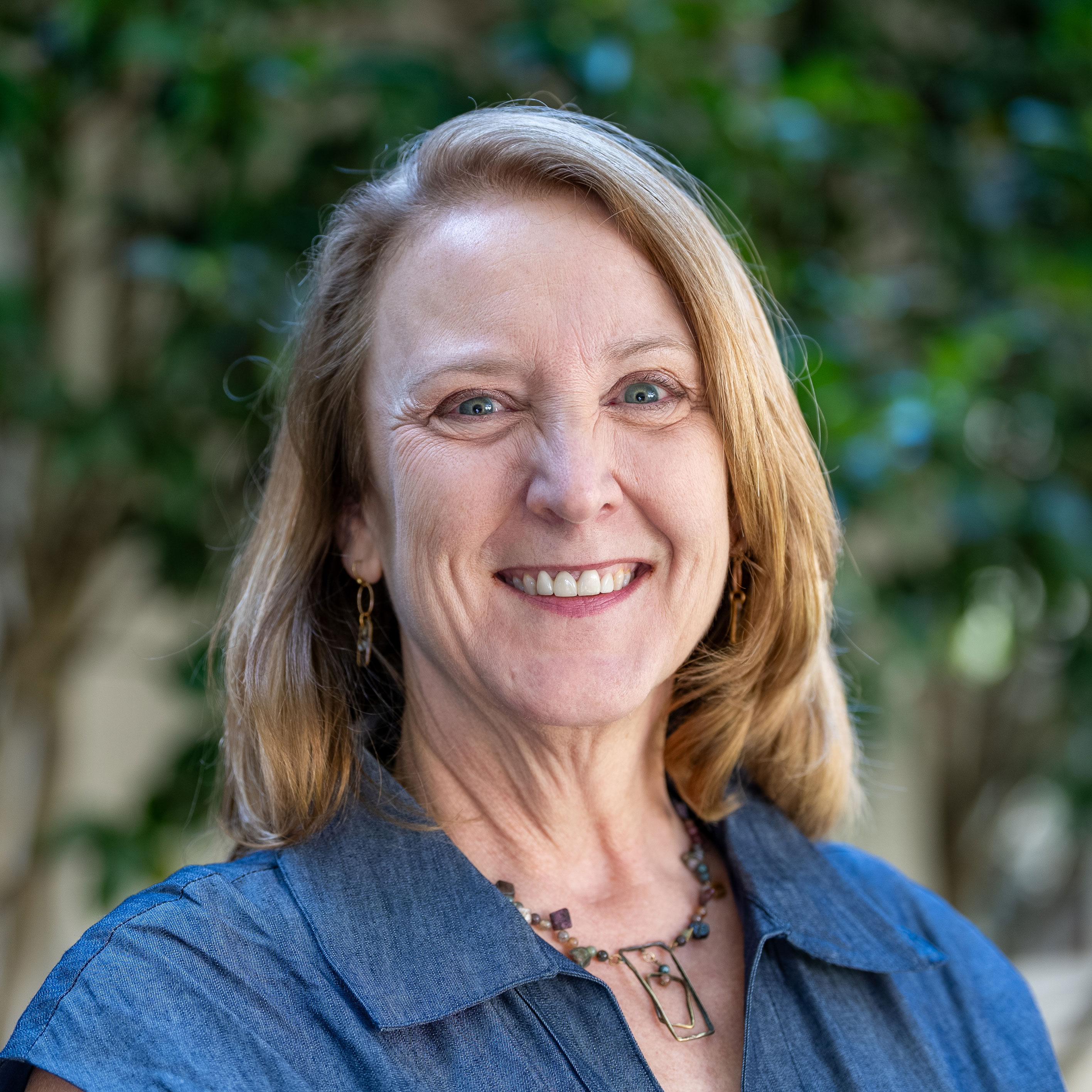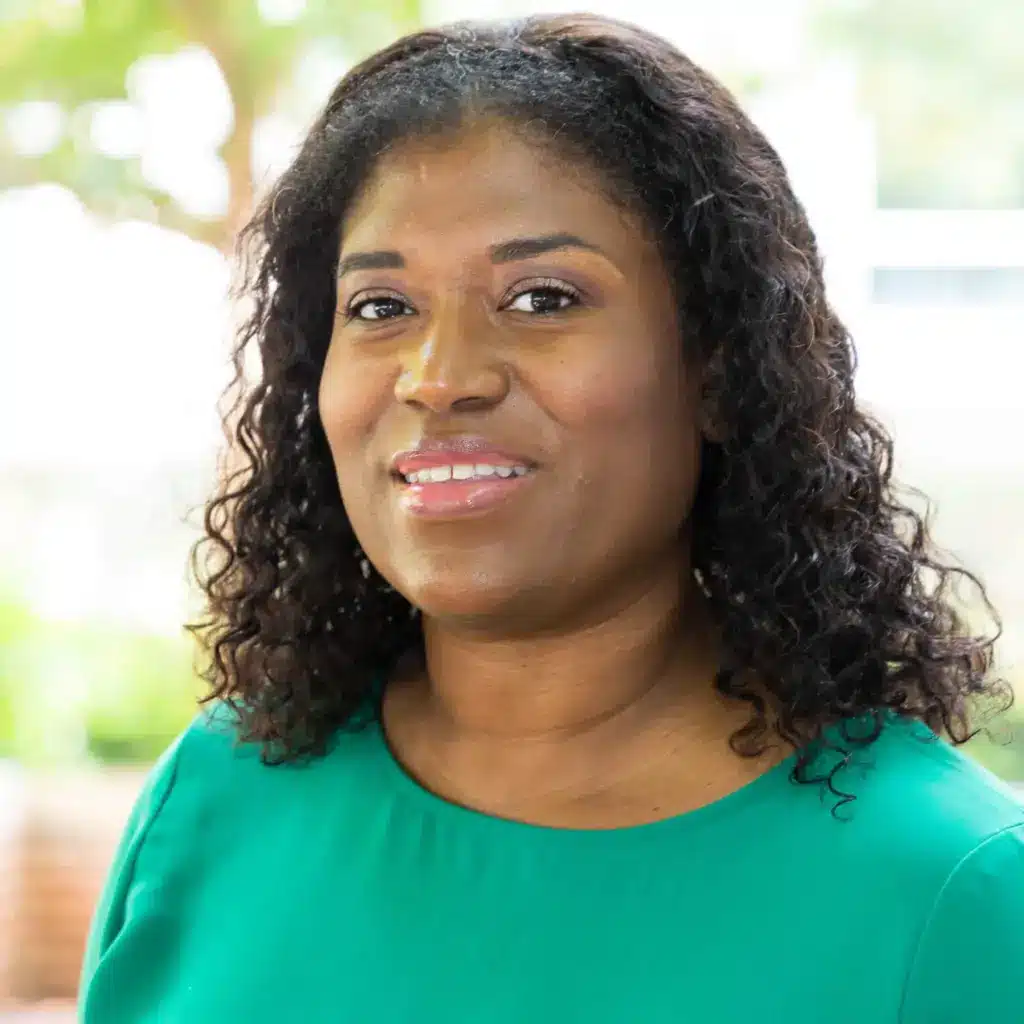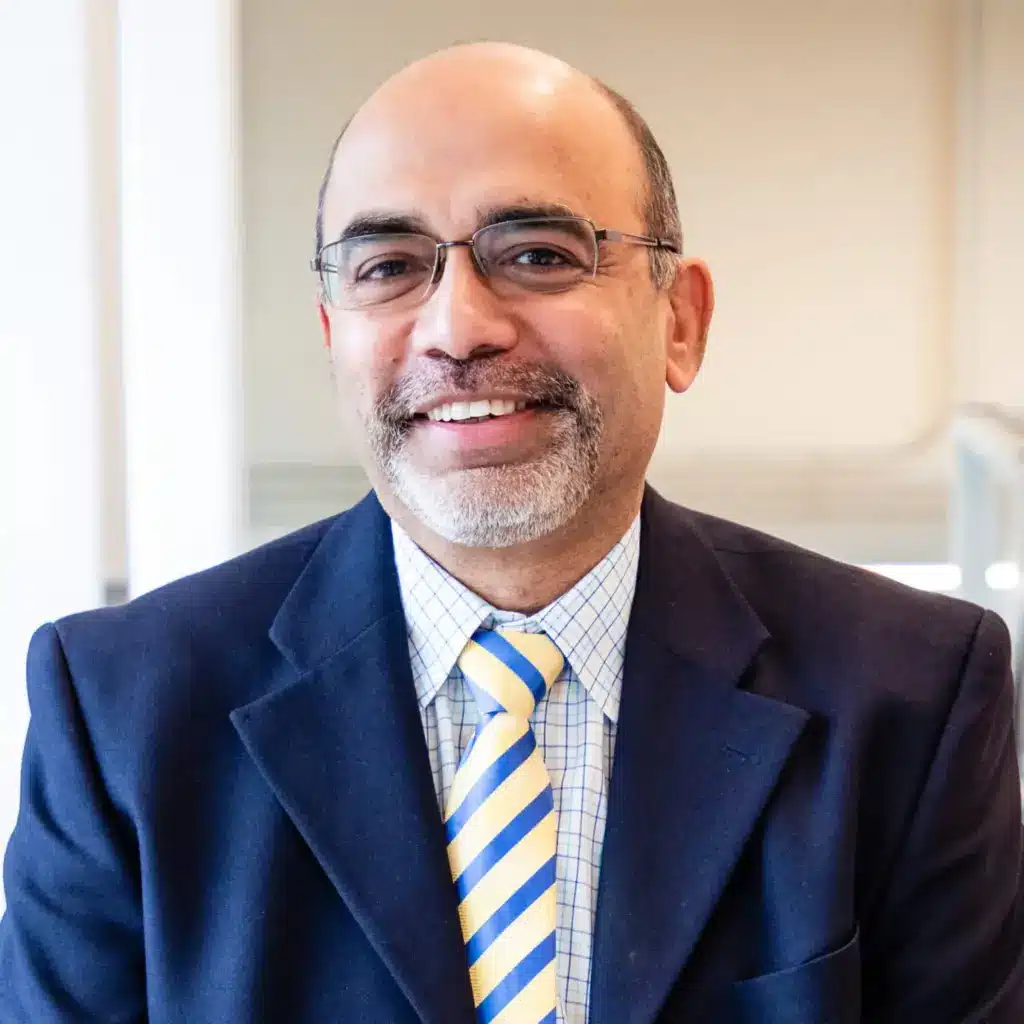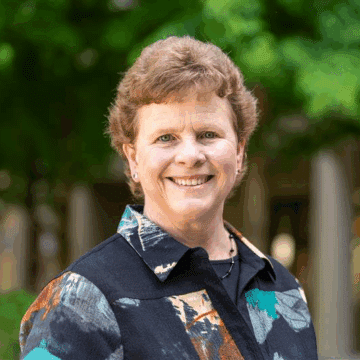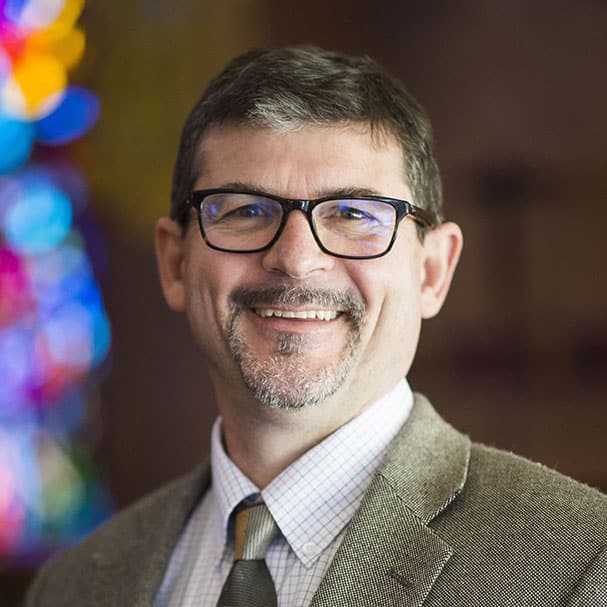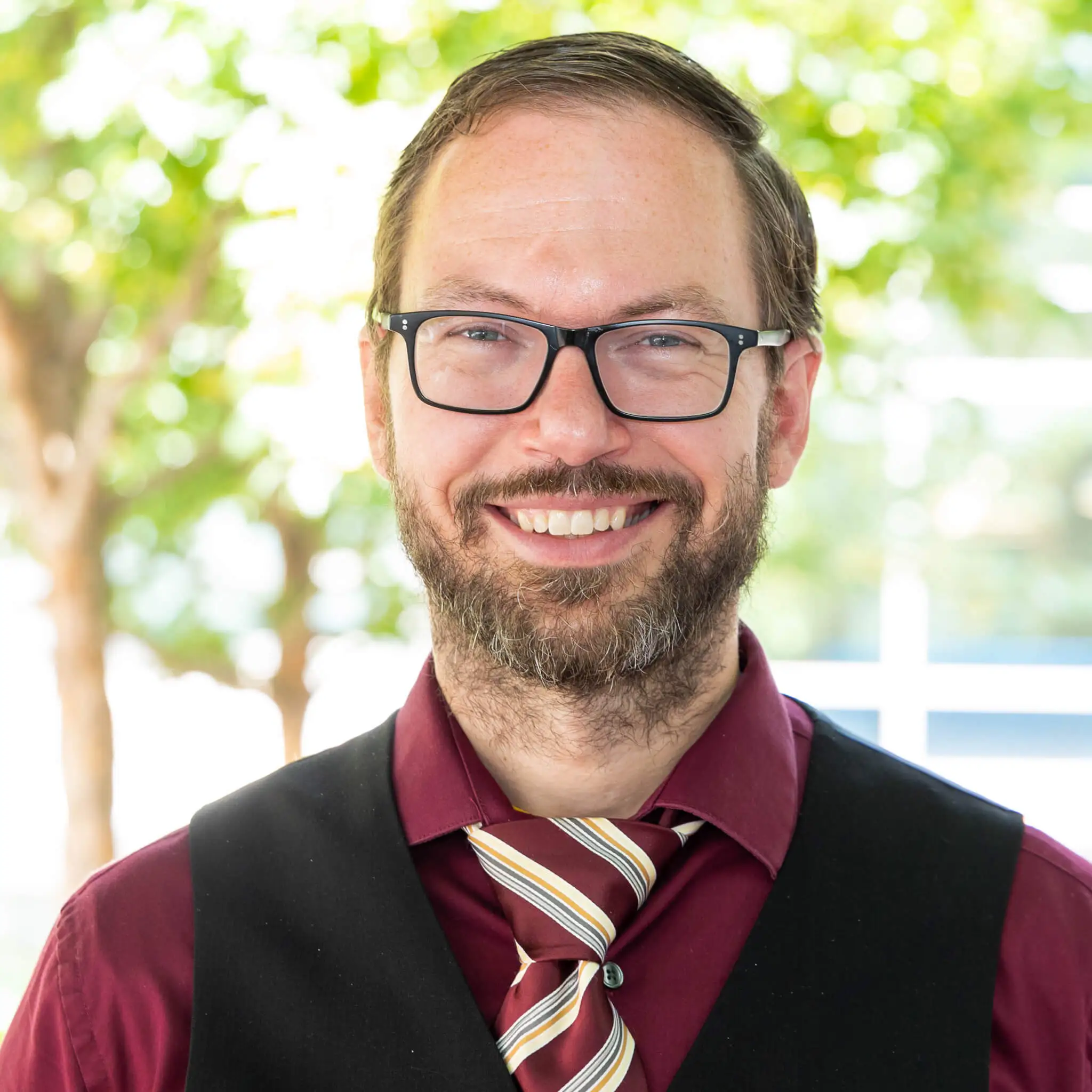Deacons are appointed to their places of ministry by the bishop of their episcopal area, and while deacons must have an appointment, they do not itinerate. They usually identify their location of service and request from the bishop an appointment to that setting. Deacons may be appointed to serve in any of the following fields:
- Agencies and settings beyond the local church, including ecumenical agencies, that extend the witness and service of Christ’s love and justice in the world.
- United Methodist-related schools, colleges and theological schools within the connectional structures of the denomination.
- Congregations, charges or cooperative parishes, where they participate in leading the congregation’s mission to the world and equipping all Christians to fulfill their calls to Christian service.
When deacons serve in an agency or setting beyond the local church, the bishop, after consultation with the deacon and the pastor in charge, shall appoint the deacon to a congregation where they will take missional responsibility for leading other Christians into ministries of service (a “secondary” appointment).
Diaconal Appointment Covenants
The Book of Discipline requires that deacons be appointed to “settings that allow fulfillment of their call and where supervision is provided with goals, evaluation, and accountability acceptable to the bishop, the Cabinet, and the Board of Ordained Ministry.” A mutually developed covenant establishes this accountability.
The covenant clarifies what the deacon is responsible for and ties them into the church’s specific mission goals. It also describes how the Staff-Parish Relations Committee will support the deacon in accomplishing the mutually agreed-upon ministry goals, and spells timing for reflection on goals and feedback. The covenant further details the benefits and termination procedures for deacons.
Review samples of a covenant for a primary appointment and a covenant for a secondary appointment.
Leading Worship
Deacons are fully authorized to lead worship, preach, conduct funerals and preside over weddings (provided they register with their state or county office to receive state authorization to officiate state-recognized marriages).
They often work together with elders, and when doing so, it is traditional for the deacon to handle these portions of worship:
- Reading the Gospel lesson.
- Leading the prayers of concern for the world, the church and the needy.
- Leading the Lord’s Prayer.
- Receiving the offering.
- Dismissing the people to service before the elder offers the benediction.
Deacons also train lay people to lead portions of the worship service and are called to assist elders in the sacraments of Holy Communion and Baptism. In rare instances, a bishop may authorize a deacon to preside at the sacraments in the absence of an elder.


